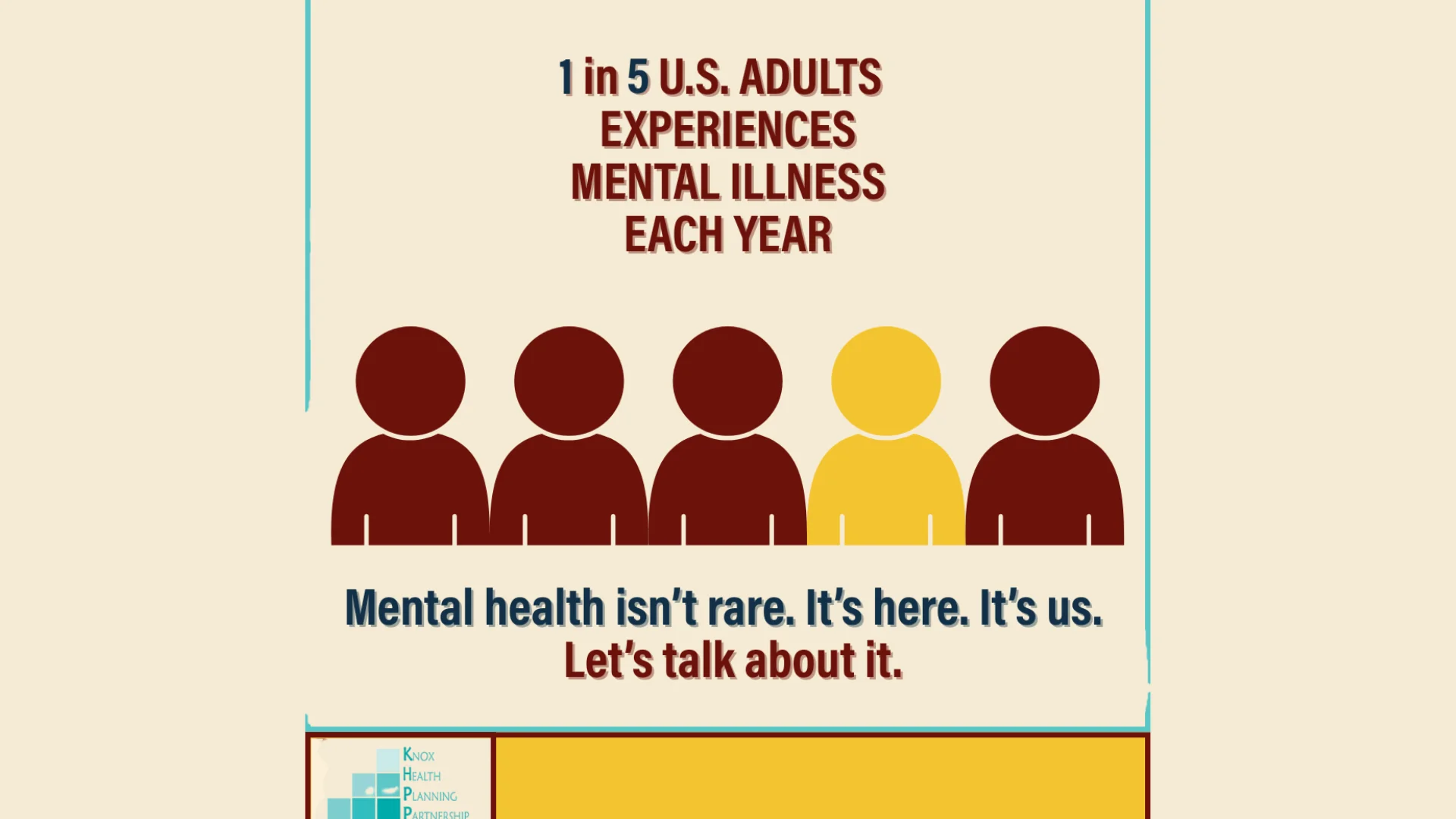The stigma associated with behavioral health issues continues to pose significant challenges for individuals seeking treatment, employment, and a better quality of life. Stigma refers to the negative perceptions surrounding mental health concerns and those affected by them. According to the National Council on Aging, one in five adults in the U.S. experiences mental illness annually, yet many remain untreated. Globally, 45% of those needing behavioral health care do not receive it due to stigma, cost, and provider shortages.
Zach Green, Knox County Health Commissioner, emphasized the impact of stigma: "The negative stigma makes people feel trapped, as if there’s nowhere to turn for support and assistance." He also highlighted the issue of burnout in workplaces: "If we continue to glorify working long hours as ‘dedication’, the daily ‘grind’ can take a significant toll on employees, ultimately leading to a rapid decline in their performance."
To combat these issues, workplaces are encouraged to prioritize well-being through policies that treat behavioral health concerns like any other illness. Managers and HR professionals can play a role by fostering open discussions about changing workplace perceptions.
Community efforts are essential in normalizing behavioral health concerns. If you or someone you know is struggling with these issues, help is available by calling 988 or 211 for resources.
The Knox Health Planning Partnership (KHPP), part of Knox Public Health, is dedicated to reducing stigma and providing resources based on data from community health forums. More information about KHPP can be found at https://www.knoxhealth.com/about_us/knox_health_planning_partnership.php.
Information from this article can be found here.


